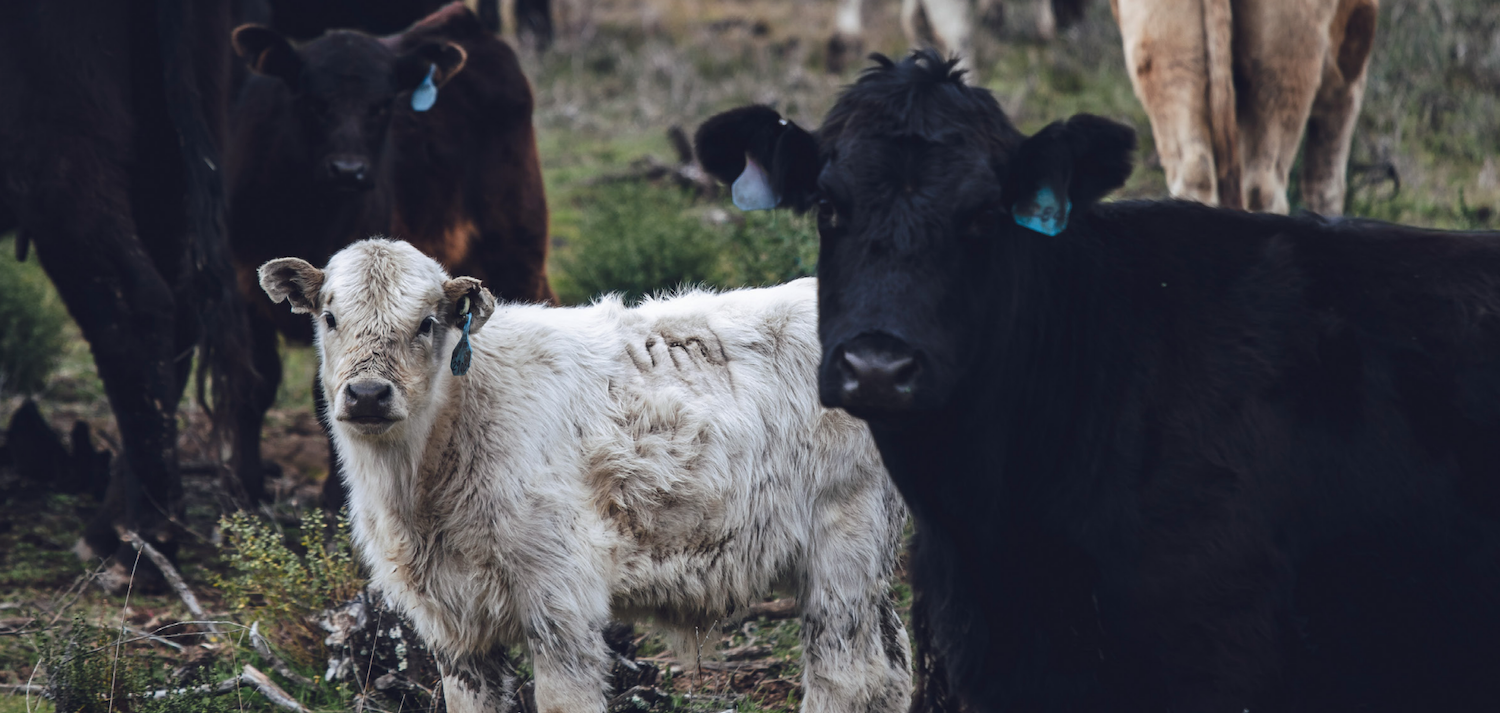Latest Resources

2 August 2024
The decline of FISPs in Malawi – debt, corruption and hunger
What future for smallholder farmers and realising agroecology?

18 July 2024
Is Zambia’s food system collapsing?
Zambia’s collapsed food system: never-ending debt, climate shocks, biodiversity loss and FISPs – the indispensability of transitioning to agroecology In this briefing, we look at how Zambia is facing a gathering food crisis of serious proportions. Amidst repeated droughts and floods, energy rationing, and shortages of drinkable water, food prices are rising and millions are at risk […]

9 July 2024
Agricultural policy reform in South Africa
Addressing animal welfare within a just, agroecological food systems transition This discussion document, written by Linzi Lewis on behalf of Humane World for Animals, South Africa (SA), highlights the need for greater attention to be given to industrial animal agriculture. As one of the major drivers of current socio-ecological crises, it demands further consideration within […]

5 July 2024
Stop chemical war on bodies of farm workers, farm dwellers and their children!
Statement rejecting the Draft Regulations for Hazardous Chemical Agents published on 5 April 2024, under the Occupational Health and Safety Act, 1993 (Act No 85 of 1993) On 5 May 2024, the Democratic Alliance (DA) staged a protest outside the Congress of South African Trade Unions (COSATU) headquarters in Johannesburg. As part of the political […]

6 June 2024
Annual report for 2023 celebrates ACB’s 20th anniversary
2023 was a special year for the ACB, as it marked the twentieth anniversary since our organisation came into being, initially in response to the emergence of genetically modified organisms and the attendant biosafety issues in food and agriculture. As the organisation grew, our focus broadened to include a host of interconnected issues affecting food […]

10 May 2024
Expansion of gene drive mosquito projects in Africa
International and national biosafety regulations are urgently needed, including the right to say no By Sabrina Masinjila, African Centre for Biodiversity (ACB) research and advocacy officer Masinjila can be seen making a statement on behalf of the Convention of Biological Diversity Alliance (CBDA), calling for Parties to support the ongoing work of the Multidisciplinary Ad […]

5 December 2023
Draft Plant Breeders’ Rights and Plant Improvement Act Regulations
Further comments submitted by the African Centre for Biodiversity (ACB). In November, the Department of Agriculture, Land Reform and Rural Development (DALRRD) hosted stakeholder consultations in Pretoria and Cape Town on the regulations of the Plant Breeders’ Rights (PBR) and Plant Improvement (PI) Acts. The ACB was quick to accept the invitation to attend both […]

5 December 2023
UPOV-aligned PVP laws impinge on farmer seed systems
We stand united in our commitment to addressing the pervasive push for the adoption of plant variety protection (PVP) laws in Africa, aligned with the Eurocentric International Union for Protection of New Varieties of Plants (UPOV) 1991 model. We continue to declare our unwavering dedication to championing a just and sustainable agricultural future for the […]

19 September 2023
Financialisation, dematerialisation, digitalisation & distancing of Africa’s agriculture
What future for small-scale farmers and their food and seed systems? Following on from part one, The rise of digital agriculture and dispossession in Africa: implications for smallholder farmers, part two looks at how private-sector interests and motives are driving the financialisation of Africa’s food and farming systems. Financialisation is the focus on generation of […]

30 August 2023
The rise of digital agriculture and dispossession in Africa: implications for smallholder farmers
In part one in a series of two, consisting of a briefing paper and linked fact sheet, we explore the current status of digital agriculture in Africa and the potential implications its deployment has for smallholder farmers on the continent. We outline three primary areas of concern related to potential inequitable benefits and influence accrued from its deployment; […]
